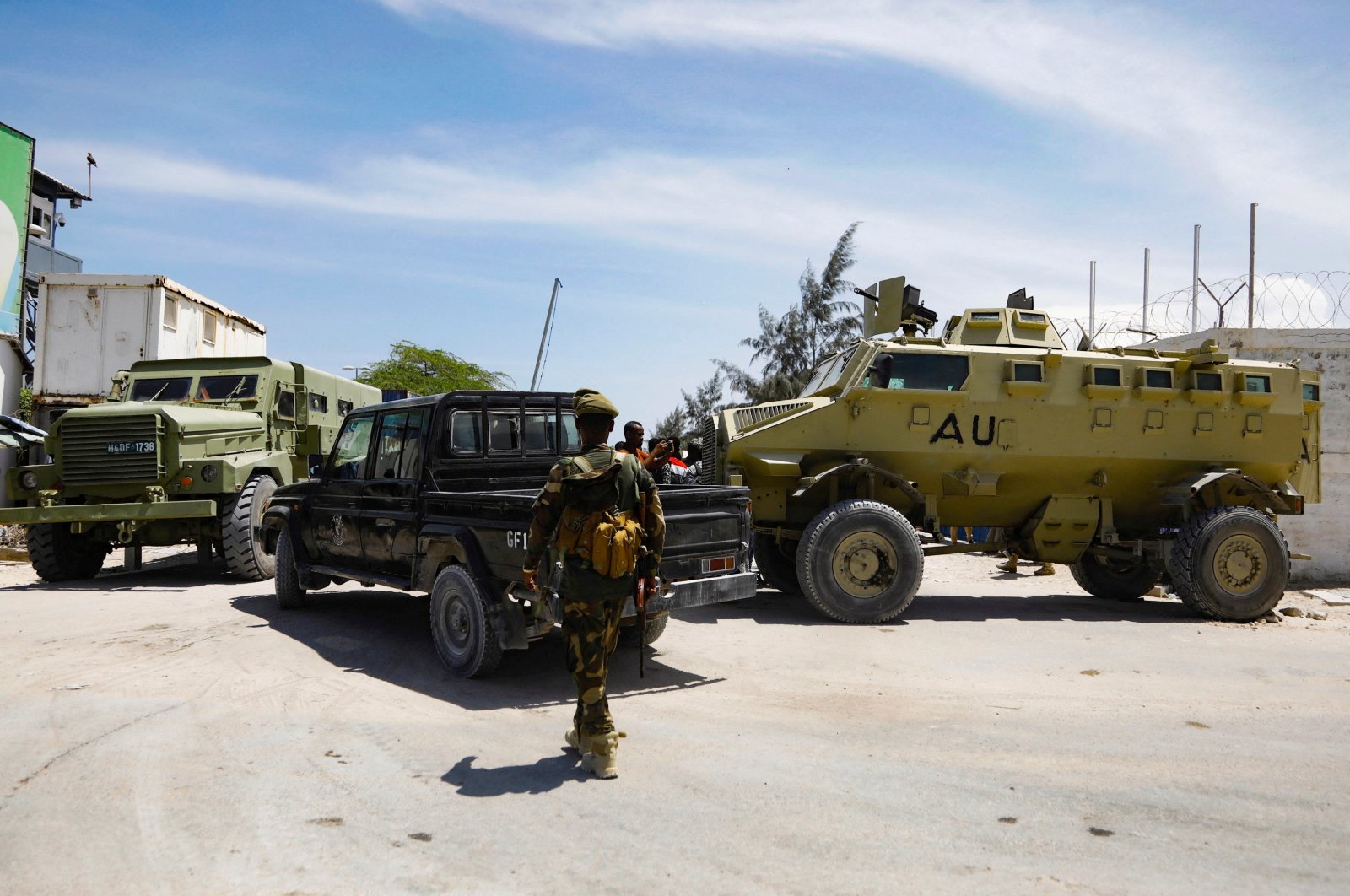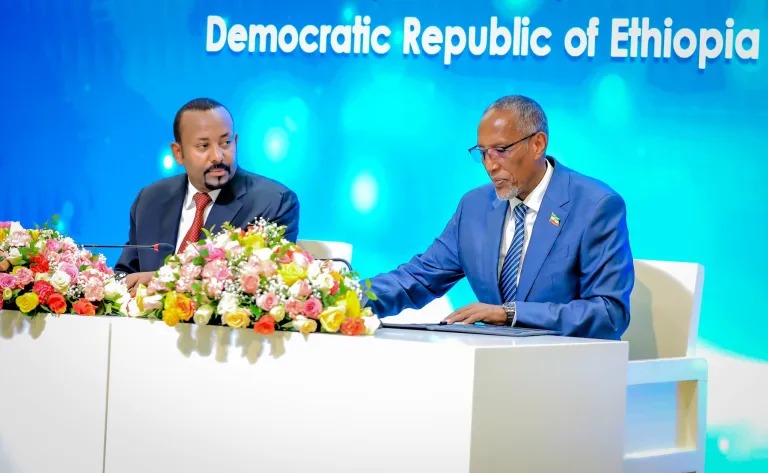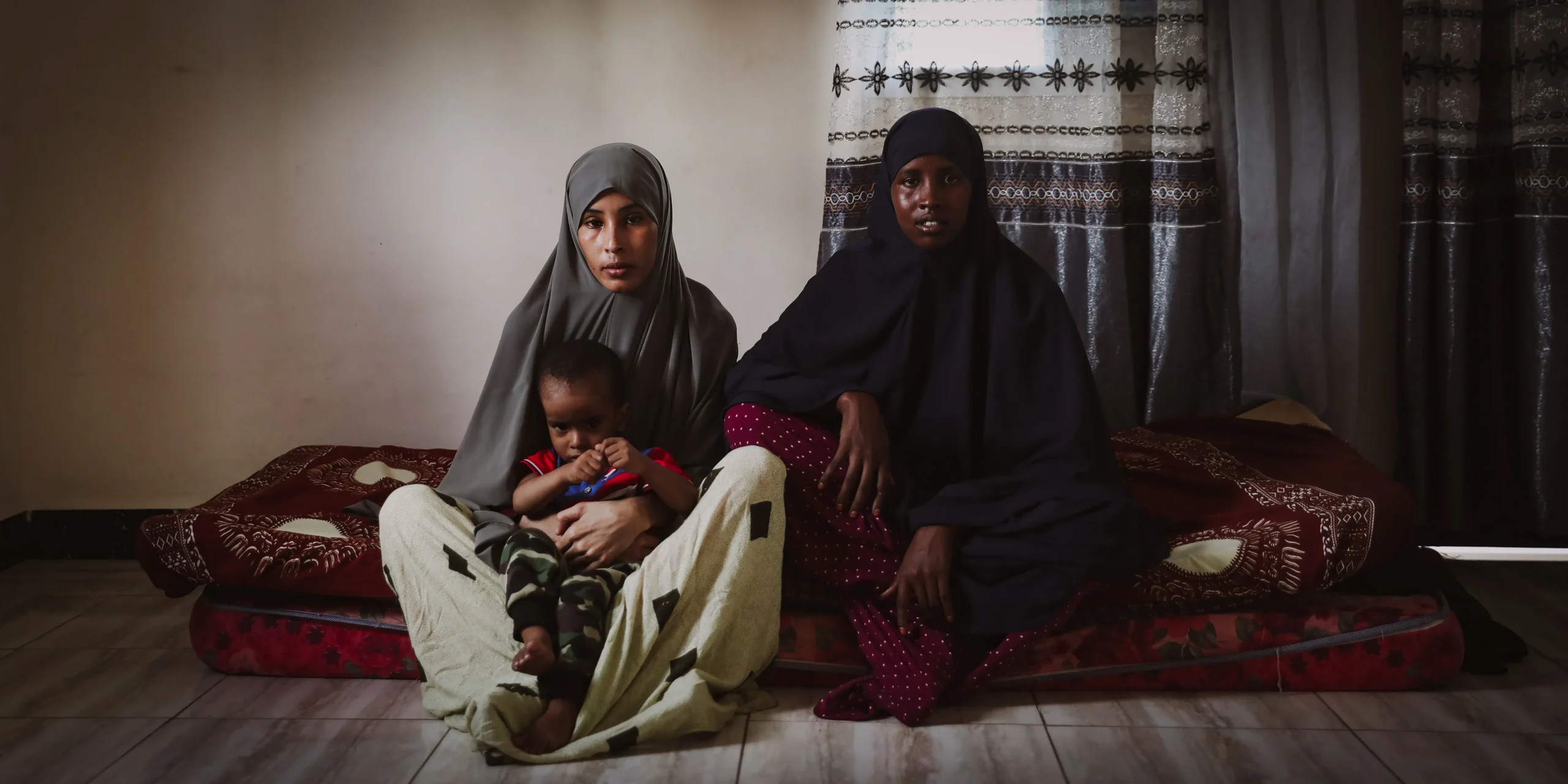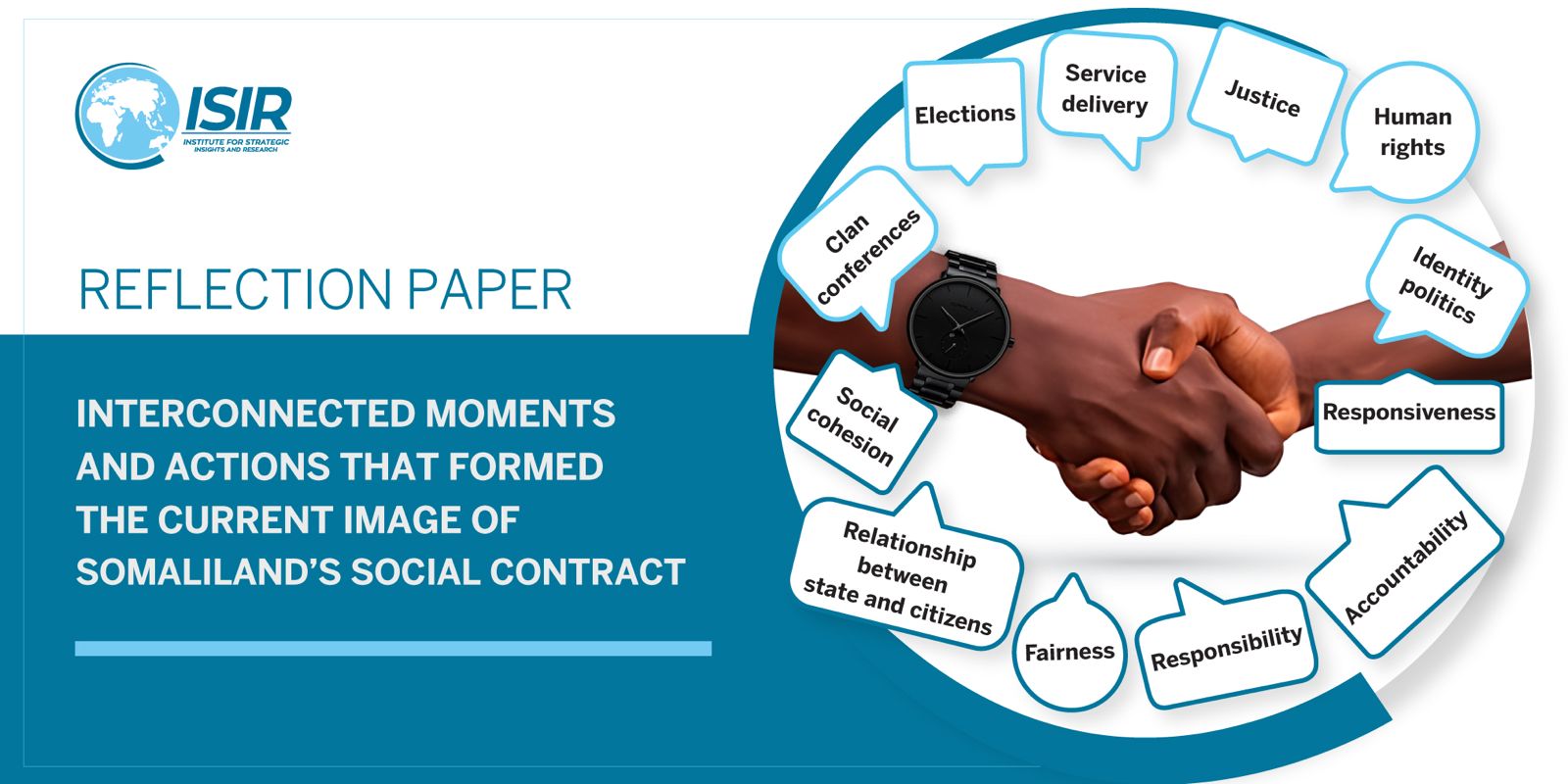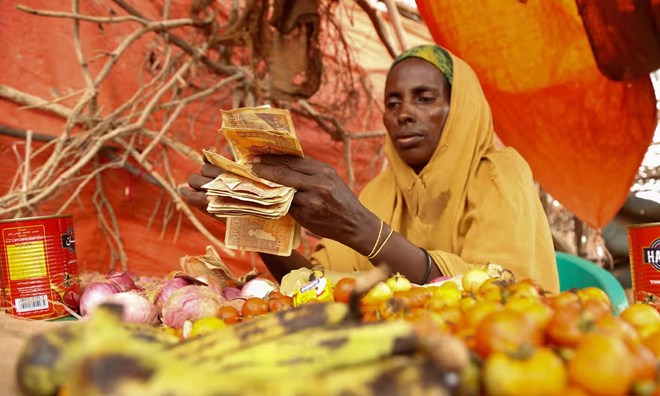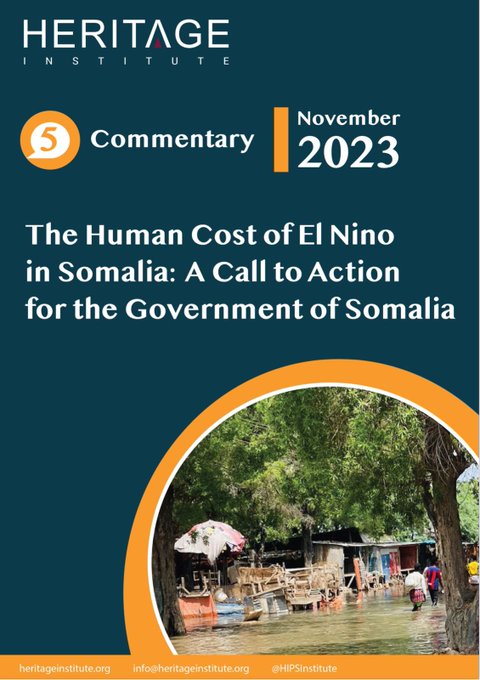In 2018, Hamda Ibrahim returned from Denmark to Somalia under MIDA FINNSOM Health and Education, a circular migration project developed by the International Organization for Migration (IOM) in Finland. The main objective of the MIDA FINNSOM Project is to transfer skills and knowledge from diaspora professionals to local professionals. As a trained midwife, Hamda now practices and teaches her profession in Somalia that after decades of civil war considers the development of the country’s health sector a top priority.
Hamda Ibrahim arrived in Aarhus, Denmark in 1996 at the age of seven after leaving a war-torn Somalia. As a result of the instability in the country, it took nearly 12 years before she could visit Somalia again in 2008. Now, thanks to IOM´s MIDA FINNSOM Health and Education Project, Hamda has worked as a midwife at Garowe General Hospital in Putland State since September 2018.
– “I have re-found a relationship with my country, my language and my culture by coming regularly to Somalia”, she says.
It was during the first visit to her relatives in Hargeysa in 2008, when she decided to become a midwife, inspired by a visit to a local hospital.
– “I went to this hospital and I was just inspired by the fact that you can save lives so easily”, she reflects. Already at this time, she knew that she wanted to come back to Somalia to strengthen the health sector, she just did not know when and how.
Hamda received her Bachelor in Midwifery at West Jutland University College and her Master’s in Science of Public Health at University of Southern Denmark before working as a midwife at the University Hospital in Aarhus. She was intrigued by the action-packed way of working and meeting new people every day. When she found out about the MIDA FINNSOM Health and Education Project and the opportunity to work as an expert of the Somali diaspora she thought, – “This is it, I can come back”.
– “What inspired me back in those days, was the fact that women in the age of 15-47 years were dying from such natural things as giving birth to babies and giving life. I realized that you do not need a lot of money or resources to save lives. It is all about knowledge, principles and procedures which I can provide. Denmark has the best health system and health service in the world and coming back to Somalia was at the other end of the scale”, she explains.
After an interview with representatives from IOM and The Health Ministry of Puntland, she began her assignment last autumn. What was initially a 6-month contract has now turned into a new life and she mentions the benefits of being of Somali descent:
– “We are Somalis at roots, we can speak the language, we know the culture, and we will be much more accepted because we look like Somalis”. She believes that the experts within the project contribute to change, specifically on an individual level, as they are available to the local staff every day.
– “The fact that you can come into a situation and change that entirely just because you have another experience is something that I will always remember. The staff is receiving on job training on how to perform basic procedures and how to assess situations more effectively”.
Hamda believes that she has transferred both skills and values which she has adapted because she has trained and lived in Denmark, such as how to treat patients ethically. In Denmark, she has learned the importance to have a culture of accountability. To her, it means to follow policies and implement evidence-based procedures to improve the quality of care and make it clear who is accountable for the patients. Along with her daily work as a midwife, she has also had two interns that have been following her work at the hospital:
– “When I leave at some point in time, there are two other people that have learned everything that I know. There will be a hospital to give that knowledge over to the next one”, she explains. Sustainable skills transfer and development are indeed key objectives of migration and development programmes such as MIDA FINNSOM.
Many of the complications that Hamda has seen at Garowe General Hospital are prevented in Denmark and not something that Danish midwives usually experience. Therefore, she too has learned new things that she will bring with her to Denmark once she returns. She explains how circular migration benefits not just the health sector in Somalia, but how it also creates useful jobs and learning experiences for those of the diaspora who have difficulties being employed in Denmark.
– “They can come back to their country of origin on their own terms and make use of their expertise. This is amazing, and I hope that Denmark will have a project like this”, she says. She is one of the founders of the Somali Health Union which unites citizens in Somalia with Somali health professionals living in Denmark.
Through this network, she knows many who would be interested in participating in similar programmes, should it become a reality in Denmark.
During her first months at Garowe General Hospital, Hamda realized that she can use her educational background and experience in public health to contribute to problem solving on a higher level. She aims to stay in Somalia to build and contribute to the area of reproductive health on an administrative level and to help reconstruct the country.
– “In Somalia, whether a good midwife is in charge of the shift that day will define whether a patient lives or dies”, she adds before leaving to the hospital.
IOM
Categories: Featured








